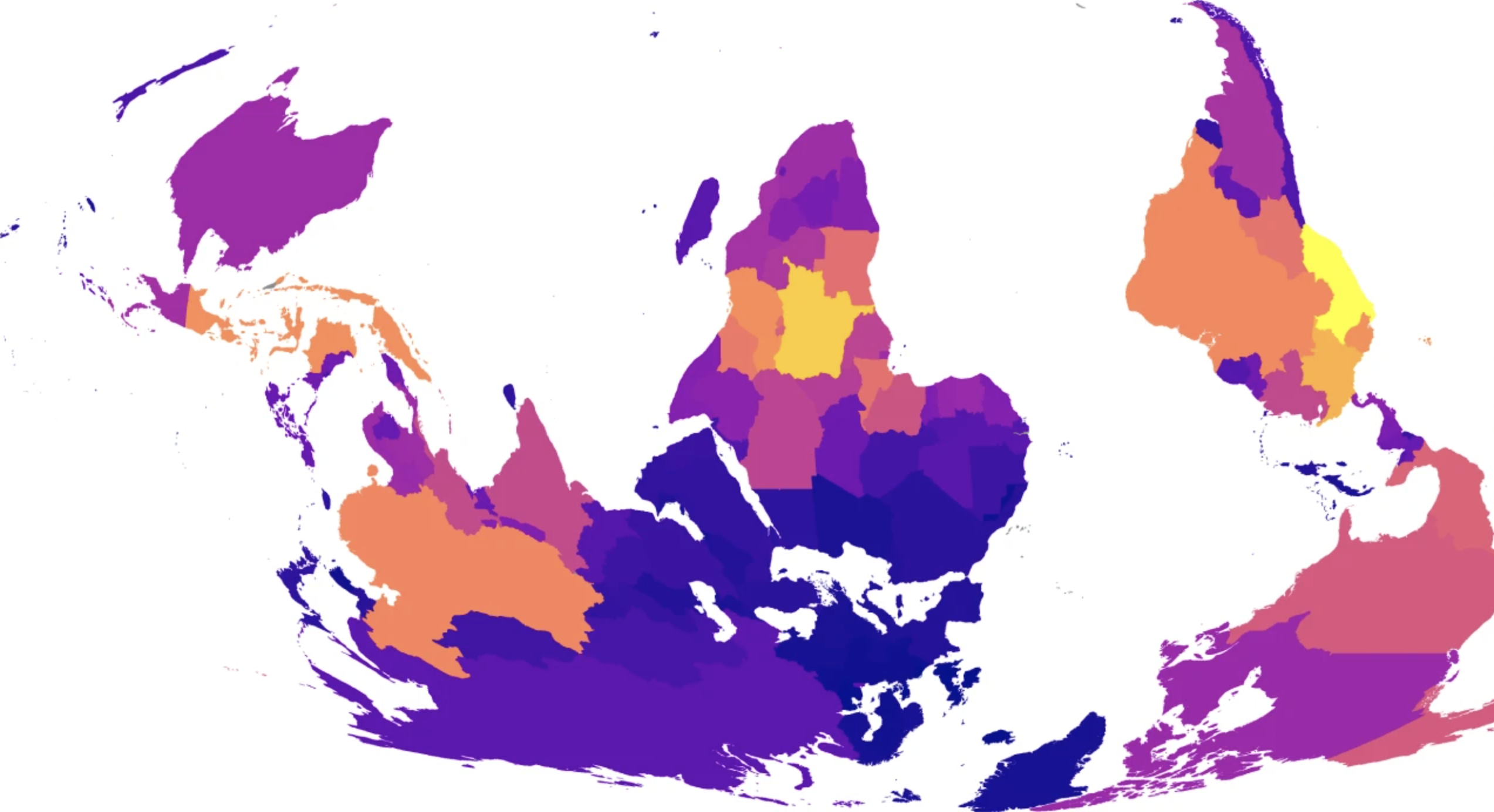Dr. Madhusudan Katti is the Director of Science, Technology, and Society and Associate Professor for Public Science at North Carolina State University. He is the Editor-in-Chief of The Bulletin of the Ecological Society of America. He grew up near Mumbai and completed his B.Sc. in Zoology there before moving north to Dehradun to earn his M.Sc. in wildlife sciences at the Wildlife Institute of India. He moved to the US to earn his Ph.D. from the University of California at San Diego, studying the winter ecology of migratory leaf warblers (Phylloscopus species).
Dr. Katti’s research program is embedded in a framework of Reconciliation Ecology where he now applies the tools of evolutionary ecology to understand how human actions shape the distribution and diversity of birds and other taxa in urban ecosystems, and how other species respond to anthropogenic landscapes. He uses a comparative approach to study how the dynamics of social-ecological systems shape urban biodiversity in cities worldwide, and to develop better policies and practices for nature conservation in partnership with local communities. His current research engages local communities and the broader public in studying how human activities and histories of colonization and segregation shape the distribution of nature and biodiversity in urban areas, and the historical legacy effects of differential access to nature for disadvantaged human communities. He is actively engaged in rethinking and redesigning his own research and the teaching of urban ecology, reconciliation ecology and conservation biology within a broader framework of decolonizing science.




